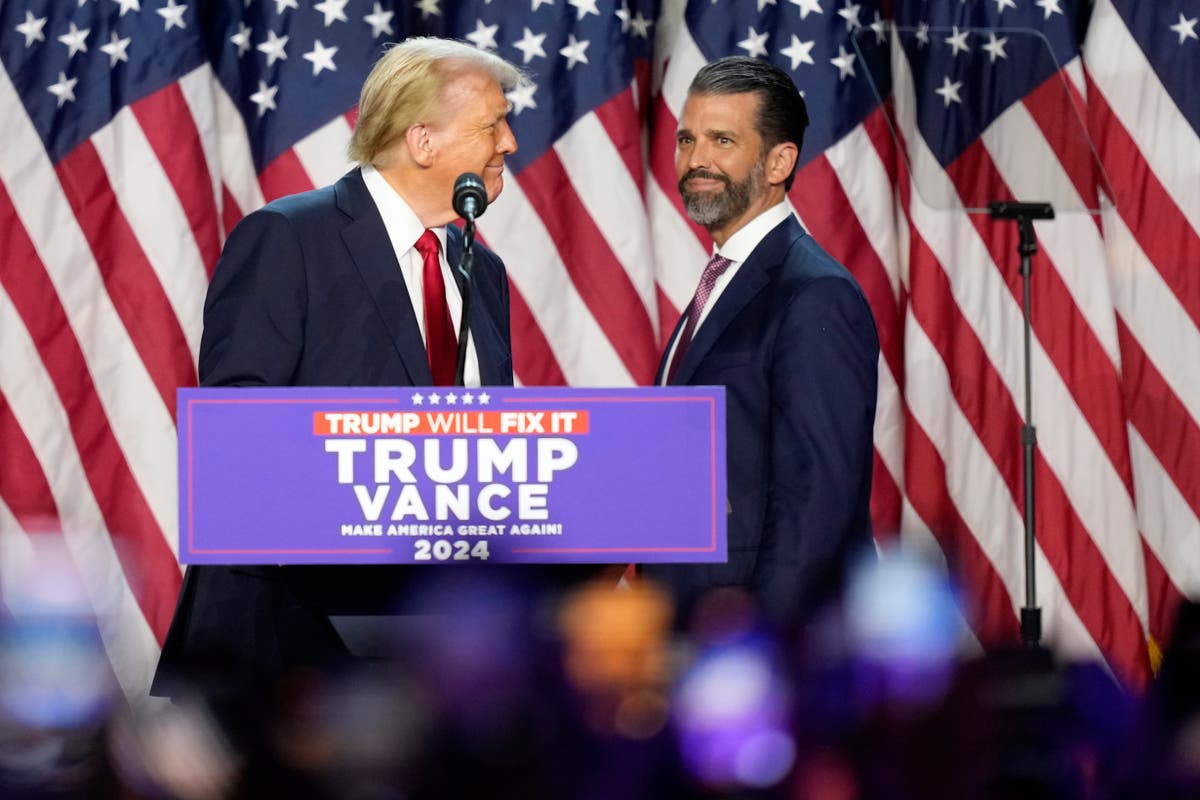Gambling
Brazil to Bring Forward Ban on Using Social Benefits for Gambling

Minister Luis Fux of Brazil’s Federal Supreme Court has submitted an injunction to prevent the use of Bolsa Familia social welfare funds for gambling.
The measure will be reviewed by the Brazilian Chamber of Deputies in an emergency session today, with the intention of enforcing it immediately.
This decision follows a two-day hearing at the Federal Supreme Court (STF), beginning on November 12, which examined the societal impacts of gambling and evaluated the constitutionality of Brazil’s impending betting legislation.
The STF hearing was convened after the National Confederation of Trade in Goods, Services, and Tourism (CNC), Brazil’s third-largest trade union, filed an ADI (Ação Direta de Inconstitucionalidade), a legal action aimed at challenging laws potentially in conflict with the Constitution.
Gambling with Benefits Reaches Record Levels
Earlier this year a Central Bank report revealed that 5 million social benefits recipients spent over R$3 billion ($540 million) on online gambling platforms via the Pix payment system in August. This equates to an average expenditure of R$100 ($18) per person.
This spending represents roughly 20% of the monthly budget allocated to the Bolsa Familia benefits program, which provides support to 21 million families with an average monthly payment of R$685 ($126).
As a result of the report, the soon-to-launch regulated industry has experienced significant pushback from politicians and some private sector entities.
Bolsa Familia funds are managed via a card issued by Caixa Econômica Federal, a state-owned bank. The ban would temporarily block the use of this card for gambling transactions, pending a Supreme Court decision on whether the gambling laws align with the Constitution, expected in the first half of 2025.
Fux urged STF President Luis Roberto Barroso to convene a special virtual Plenary session, the Chamber of Deputies’ highest decision-making body, to decide whether to make this measure permanent. If approved, the ban would be enacted immediately.
Barroso accepted the request due to its urgent nature, setting the session for November 14 from 11 a.m. to 11:59 p.m.
CNC Wants Tougher Ad Restrictions
Fux has also proposed an immediate ban on advertisements targeting minors, aiming to protect children from exposure to online gambling.
The CNC’s ADI argues that the existing advertising regulations, introduced in August, are “not sufficient to prevent children and adolescents from accessing online gambling.”
It further claims that allowing social welfare funds to be used for gambling has created “economic instability that, in truth, has caused a real setback in national development.”
The National Association of Games and Lotteries (ANJL), a prominent industry organization, has expressed support for the ban, calling it “positive and necessary” and aligned with the principles of responsible gambling promoted by regulated operators.
“Unlike companies that intend to remain outside the law from 2025, [operators] committed to honest and responsible gaming, including ANJL members, do not condone the disclosure of bets to minors or the use of resources that have the potential to financially harm the most vulnerable Brazilian families.
The association reiterates that it is in the interest of the market and its members to regulate the sector. And Minister Fux’s measure is an important advance. ANJL will always be open to dialogue to contribute to a solid and responsible market.”
During the STF hearing, ANJL’s legal director, Pietro Cardia Lorenzoni, warned that repealing betting laws would risk empowering the black market.










